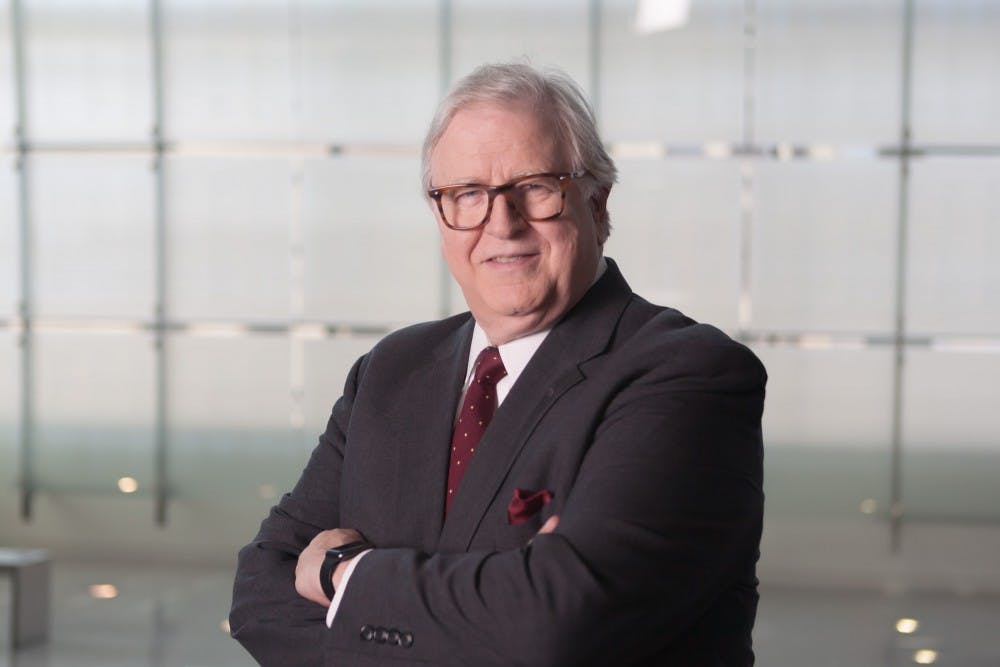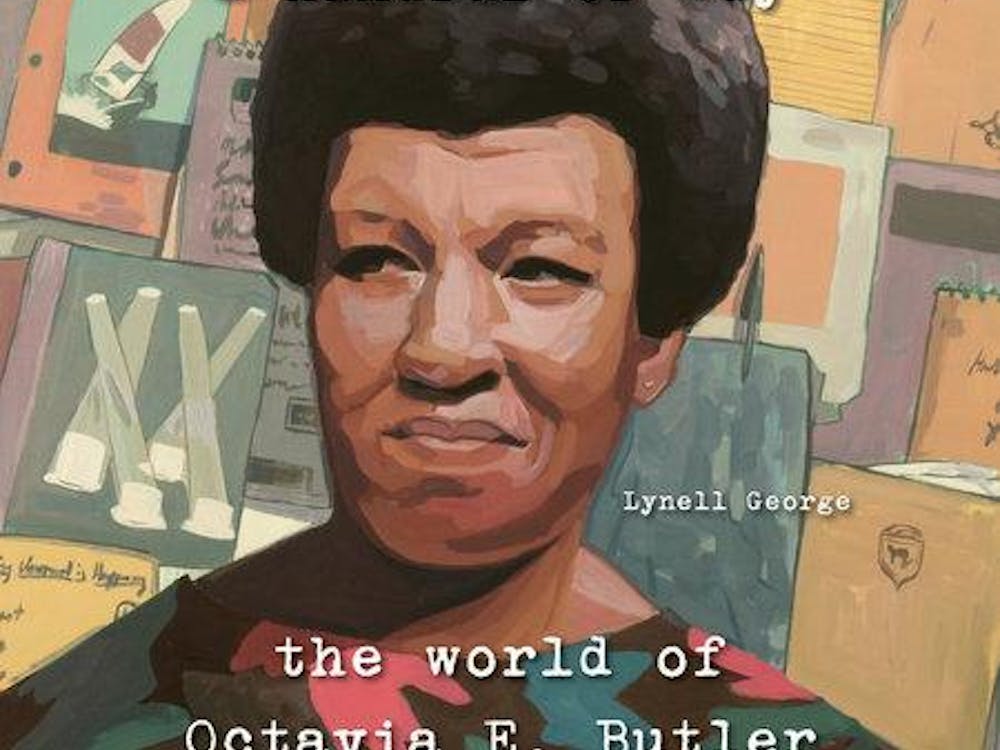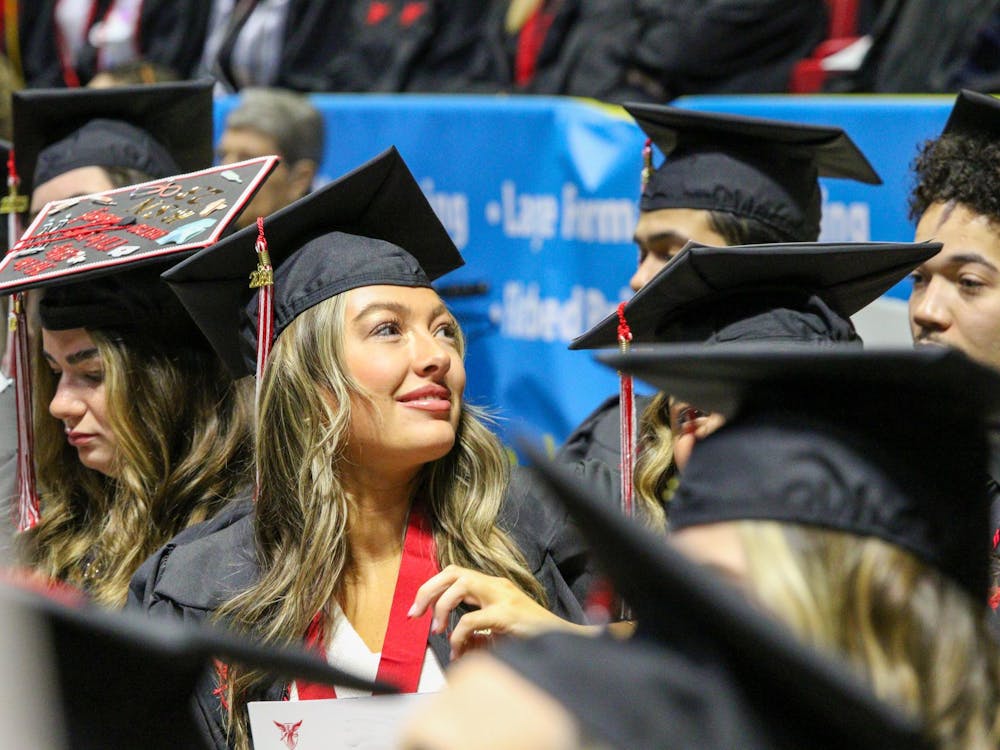Photographs of the Civil War taken by photographers Alexander Gardner, Mathew Brady and Timothy O’Sullivan showed battlefield results in the 1860s. In the 1940s, the live radio coverage of the London Blitz, “London After Dark” with Edward R. Murrow, allowed listeners across the Atlantic to hear Germany’s bombing campaign against Britain. In the later half of the 20th century, the Vietnam War became known as the first television war, as reporters like Morley Safer showed viewers the brutality of the war.
For decades, journalism has been evolving — taking its readers with it through the ups and downs of new changes.
Today, journalism is still early in its transition into the digital era, said Gene Policinski, a 1972 Ball State alumnus and chief operating officer of Freedom Forum Institute and the Institute’s First Amendment Center.
Known as a First Amendment Expert, Policinski will speak Thursday at a town hall meeting to allow members of the public to voice their opinion on news media and ask questions.
Policinski was one of the founding editors of USA Today when it launched in 1982, according to the Religious Freedom Center’s website.
At USA Today, Policinski said he worked 16-hour days, six days a week, but he was grateful for the opportunity to work at a place that was “inventing a kind of journalism that hadn’t been done in the United States before.”
“It came down to ‘Who could turn down the opportunity... to be a part of the first national daily [news] in America?’” Policinski said.
Now, Policinski said an average day for him is attending many meetings, as well as commenting and observing the issues surrounding free press and free speech.
Good journalism hasn’t gone anywhere, he said, there are just fewer people who do it. Even if consumers of news have access to media, Policinski said journalism is facing “disruption” in terms of who the audience can turn to.
“If we don’t have access to an independent free press we really don’t know whether the news we’re getting is shaped, whether it’s simply all the good points and none of the bad points,” Policinski said. “We certainly won’t have the watchdog on government that the founders felt was essential to democracy, and we also won’t have what I like to think is the sort of ready friend who looks out for us.
“We don’t have time to make sure our kids school lunches are safe or nutritional, but there’s a reporter who will at some point be looking at that issue.”
There have been times in the past that journalists have been challenged by disruptions, Policinski said.
“Radio was a huge news source for several decades, and then suddenly it became supplanted by television, and that was very disruptive for a few years,” Policinski said. “I’m not sure, because of social media and the web, whether we have ever had as much disruption in the way we get news.”
As our country enters a new era of digital journalism, Policinski said he is confident people will still want news sources they can trust, and that people will find a creative way to pay for it.
“I am hopeful about the future of journalism because it is something people need,” Policinski said.
In addition to speaking in Muncie, Policinski will continue a series of town hall meetings across the country to understand news consumers’ and community members’ perspectives on the challenges and opportunities of the future of free speech and free press.
“I think [Policinski will] ignite a passion that he’s always had for the craft of writing and storytelling,” said Juli Metzger, associate lecturer for the Department of Journalism. “I think he’ll get [students] excited about the career path they’ve chosen.”
Contact Scott Fleener with comments at jsfleener@bsu.edu or on Twitter @Scott_Reports.





